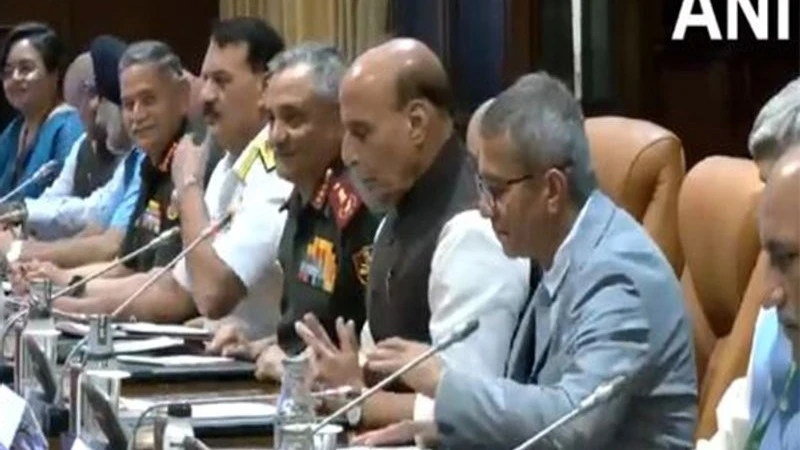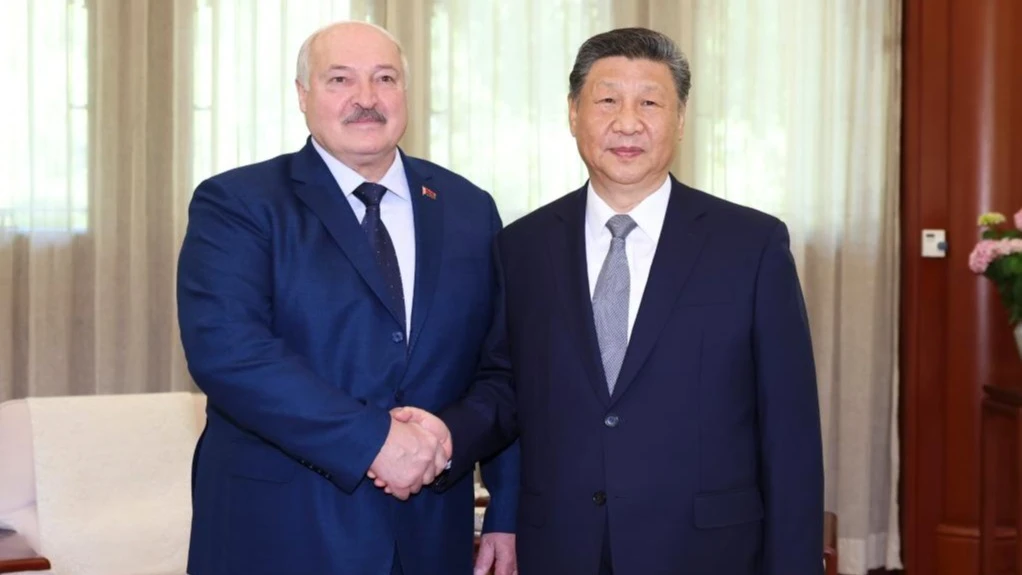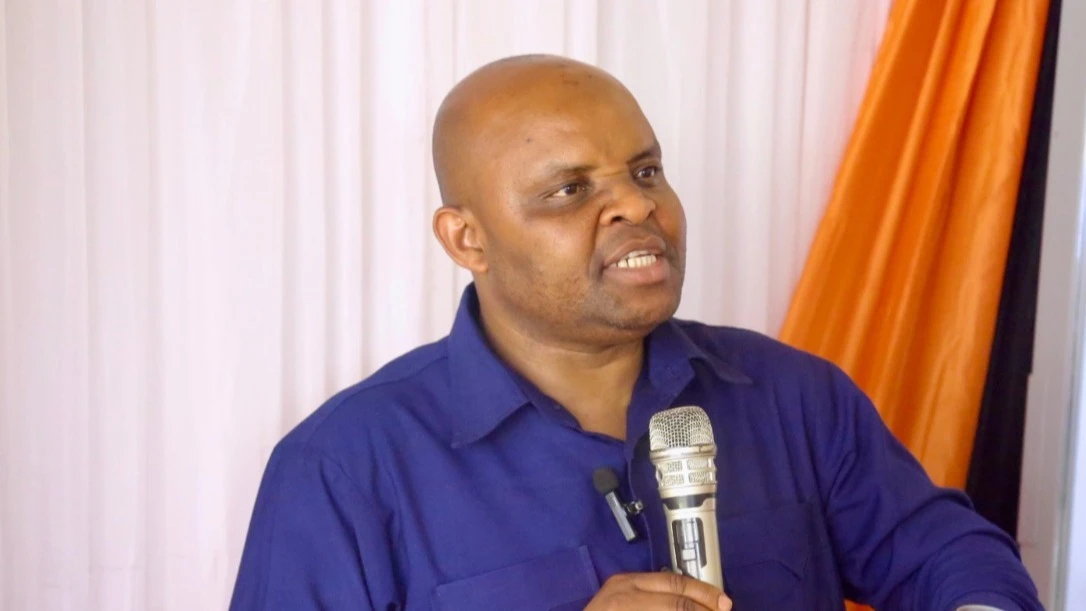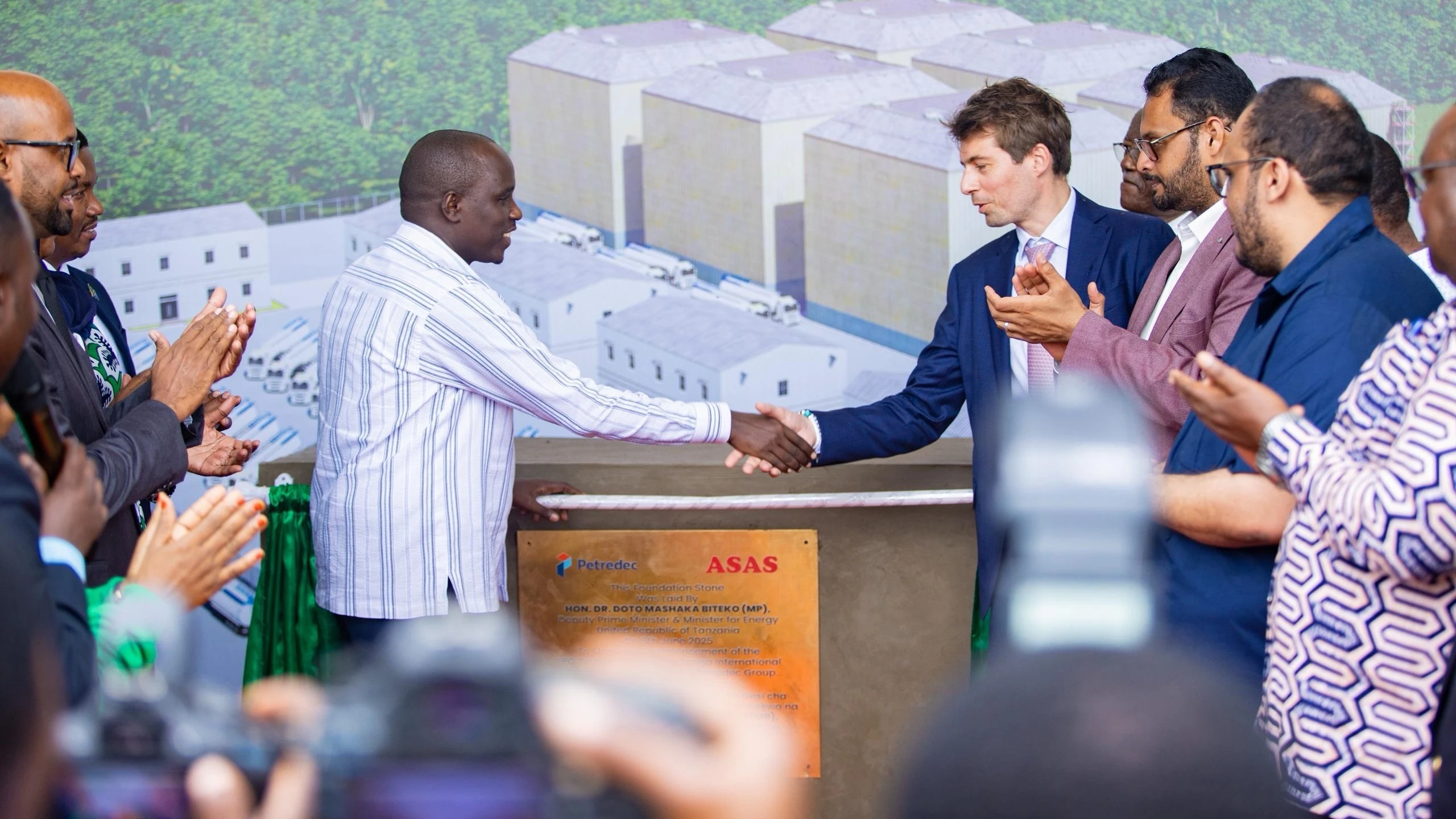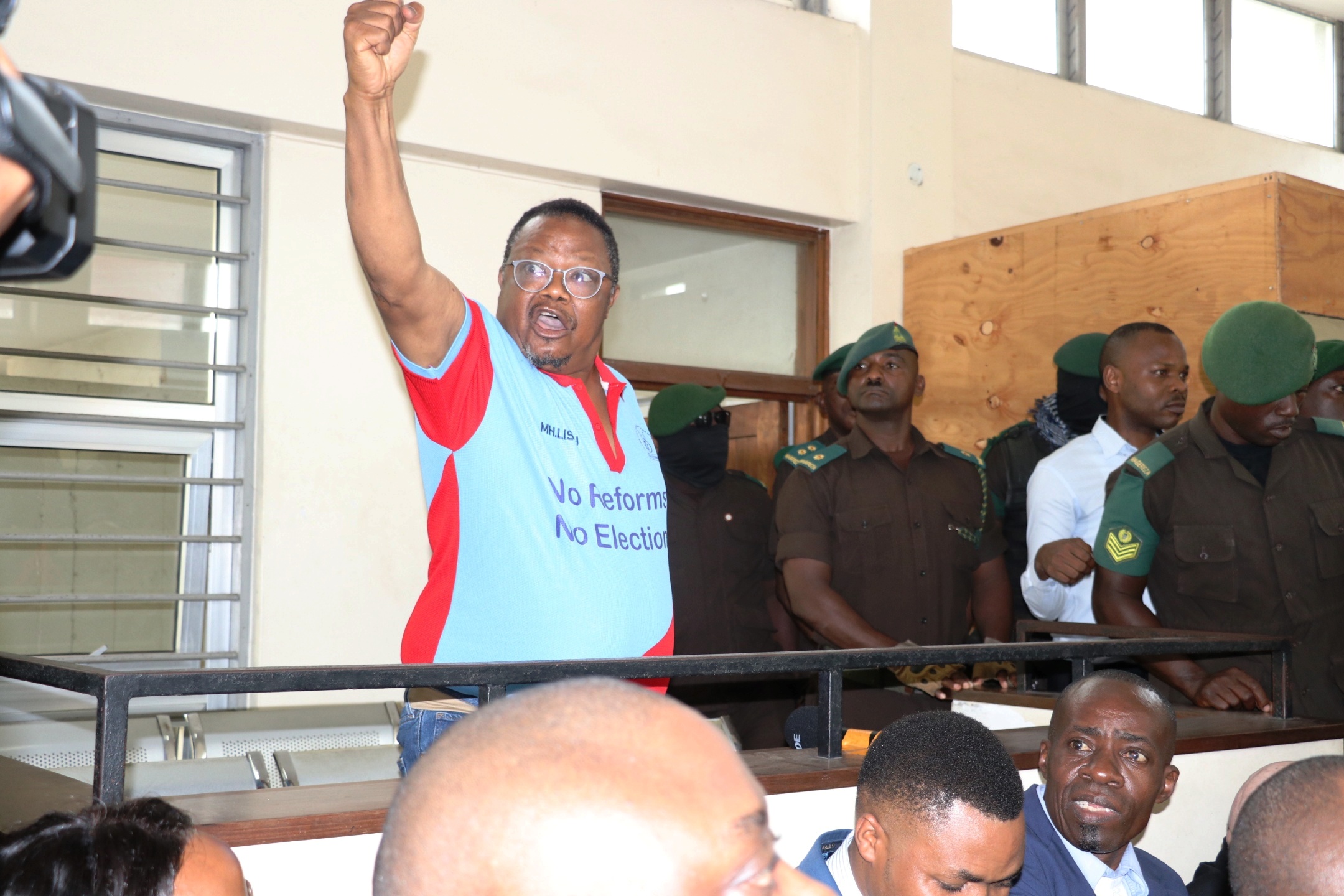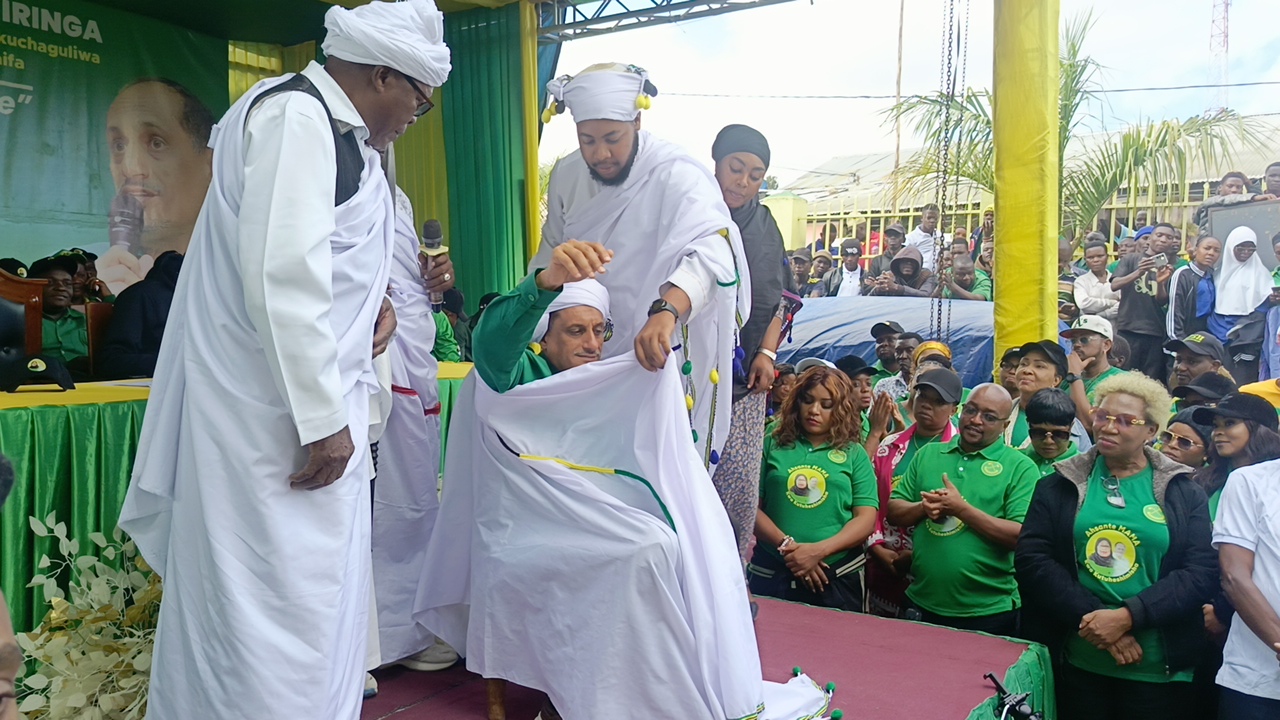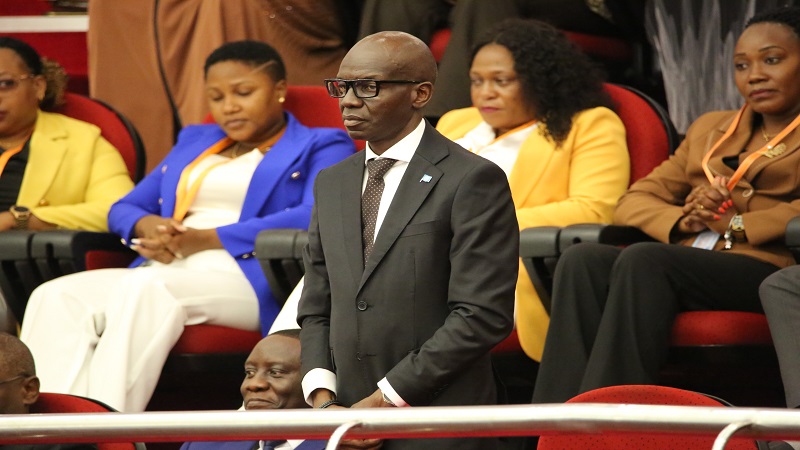Ghana, Nigeria delegations applaud judiciary autonomy
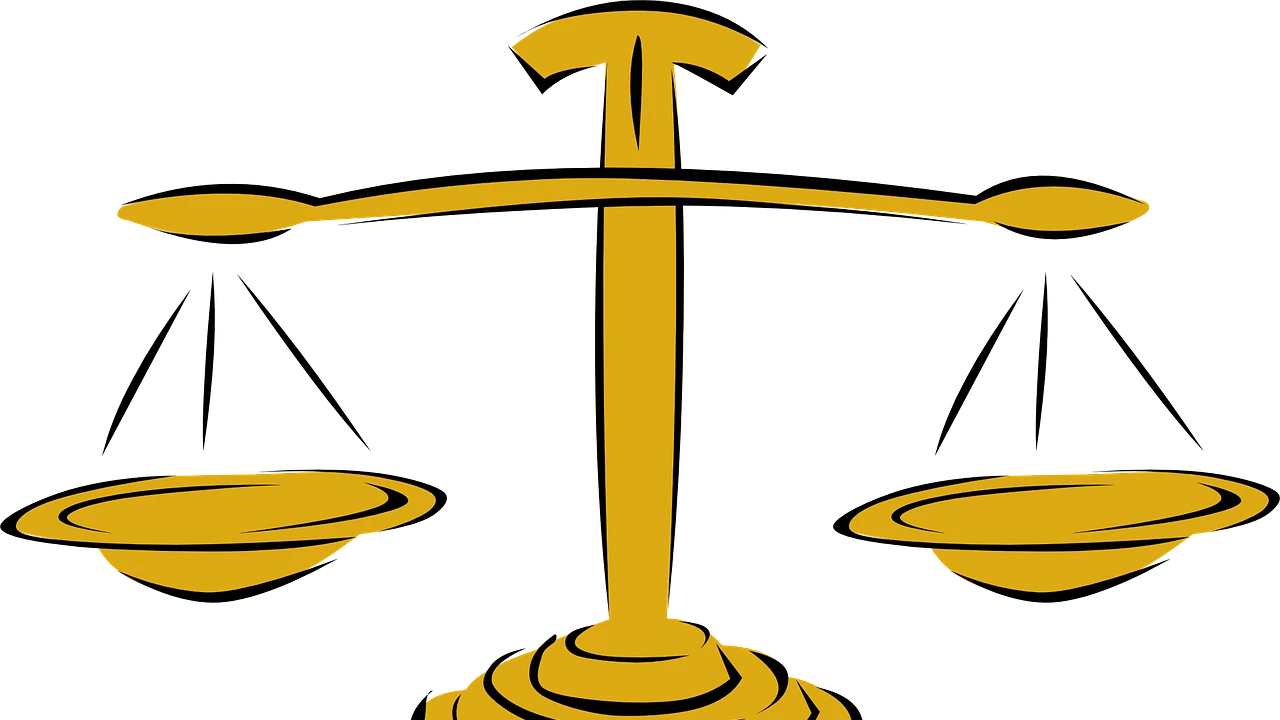
A DELEGATION of legal experts and judges from Ghana and Nigeria has expressed satisfaction with how Tanzania upholds the principle of separation of powers, with structural independence of key legal institutions.
Justice Jennifer Dadzie, head of the Ghanaian delegation, made this observation at a press conference here yesterday, after holding high-level discussions with Attorney General Hamza Johari and other senior officials.
The talks focused on Tanzania’s legal structure, ongoing reforms and institutional safeguards that protect judicial independence and promote the rule of law.
The team chose to visit Tanzania after receiving encouraging reports about the country’s efficient and accessible justice system, she said, noting that the delegation was well informed about the systems in place that allow access to justice with minimal delays.
“Ghana is also in the process of building a similar system that allows the public to access legal and justice documents online, but Tanzania is far ahead in this area. There is much we can learn from their experience,” the delegation head noted.
Gilbert Tor, the director of studies at the National Judicial Institute in the Nigerian capital of Abuja who headed the Nigerian delegation, also praised the Tanzanian model. “The separation of the Attorney General’s Office from the Ministry of Justice is a strong demonstration of the doctrine of separation of powers,” he said, noting that this reflects a mature legal system that prioritizes checks and balances, professionalism and institutional independence.
These structures show that the dispensation of justice has been given priority in the political system, a sign of political will to uphold the rule of law and safeguard citizens’ rights, he asserted. “We are also very interested in learning how we can foster collaboration with Tanzania, particularly through our training institutions, and share experiences and best practices,” he stated.
The Tanzanian model in which the Attorney General and the Director of Public Prosecutions (DPP) operate as autonomous entities independent from the Ministry of Justice and Constitutional Affairs was especially applauded by the two delegations.
This structural arrangement enhances objectivity, reduces political interference and strengthens public trust in the legal system, he stated, while the attorney general welcomed the delegation and emphasized the importance of cooperation in legal and judicial reforms.
“This visit is a great opportunity for us to learn from each other and exchange best practices,” he said, elaborating that Ghana and Nigeria are implementing projects similar to what Tanzania is doing for instance in digitization, access to legal information and strengthening institutional independence.
Like Ghana and Nigeria, Tanzania is currently building the Tanzania Legal Information Institute (TanzLII) as a free-to-use digital platform providing public access to Tanzanian laws and legal resources. “The platform is being developed with support from key government institutions, part of a broader agenda to promote transparency, legal awareness and timely access to justice,” he explained.
Drawing from experiences in Ghana and Nigeria, the delegation members emphasized the need for cross-border legal cooperation and regular dialogue among African legal professionals. Tanzania has long positioned itself as a leader in regional legal collaboration. In July 2023, the African Court on Human and Peoples’ Rights and the ECOWAS Court of Justice convened a judicial dialogue in Arusha to strengthen continental cooperation on human rights protection.
The delegations’ commendation stands as a strong endorsement of Tanzania’s commitment to judicial independence and the rule of law. Their visit also underscored the growing consensus among African legal institutions on the importance of maintaining judicial independence as a cornerstone of justice and good governance, officials noted.
Top Headlines
© 2025 IPPMEDIA.COM. ALL RIGHTS RESERVED








